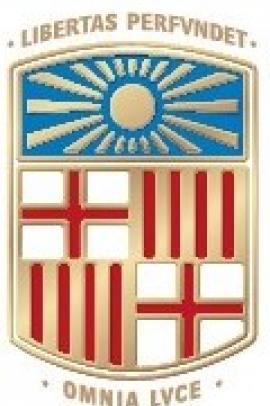Formulaicity (i.e. knowledge of conventionalised multi-word combinations) in academic writing is not part of the native writer's innate language ability and is thus far from being a linguistic universal skill (Kachru, 2009; Wray, 2008). It can therefore be assumed that L2 academic writers find it particularly difficult to acquire native-like formulaic sequences. Building on this assumption, I use a 5.7 million-word corpus of expert academic writing to compare convergent and divergent usage of lexical bundles in three language variables, L1 English, L2 English and L1 Spanish. I identify core bundles (i.e., bundles shared by the three variables) and contend that writers' usage of these bundles is determined by register. I also compare the structures and functions of bundles specific to one or to two language variables to exemplify how these distinctive bundles build different pragmatic meanings in the texts. In identifying phraseological norms implicitly recognised by L1 writers, I argue that the use of bundles by the L2 writers deviates from L1 norms and conclude that, although they are expert writers, their formulaicity is 'hybrid', that is, largely, but not completely, native-like. I also discuss implications regarding L2 expert writers' interlanguage development and propose areas for pedagogical intervention.
Date
DOI
10.1016/j.jeap.2014.01.002
Abstract
URL
https://doi.org/10.1016/j.jeap.2014.01.002








